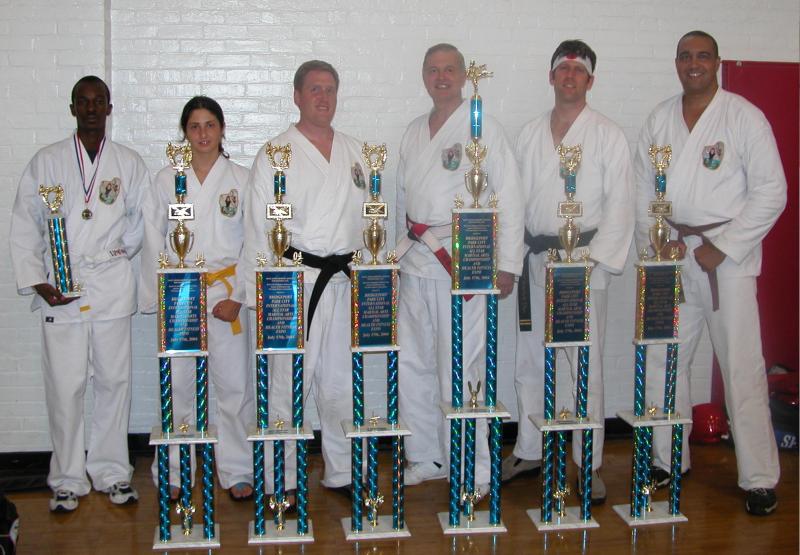
|
| Personal background |
|---|
John H Gagnon, PhD, AUSA (Life), MICA, NMIA, IAFIE, AFIO, IAAP
Research Psychologist working in intelligence. Head up a group called CI / HUMINT TEAM which proposes improvements in HUMINT collection and/or counterintelligence in all of its many facets, including interrogation. Threats and Countermeasures INTSUM work is also done here.
Have been in martial arts since 11 years old and am now:
1. Rokudan, Isshinryu Karate Do
2. Shodan, Kodokan Judo
3. Shodan, Misi Jiken Eishinryu Iaido
Also love to:
1. Scuba Dive (Master Diver Trainer for PADI)
2. Do Computing
3. Do public service things
a. EMCOMM (Emergency Radio Communications), OES, CT Section
b. ARC (Disaster Responder)
c. ARC (Mental Health Responder)
d. First Response Instructor and Responder
e. Armed Forces Emergency Service Responder
f. NSC Instructor
g. Responded to 9/11 in capacity as EMS personnel
4. Do mountain bicycling
v/r
Dr John
johngphd@msn.com
john_h_gagnon@USArmy.com |
| Thoughts about SETI and SETI@home |
|---|
+++++++++++++++++++++++++++++++++++++++++++++++++++++++++++++++++++++++++++++++++++
I have believed in UFOs and Alien life since I was quite young and was involved in Astronomy in a big way. I also figured that it was reasonable that life from other planets like or unlike the Earth was highly probable and have actually served the SETI@home project since 1998. I used to love the old screensaver with all of the colors and functions displayed.
+++++++++++++++++++++++++++++++++++++++++++++++++++++++++++++++++++++++++++++++++++
|
| Your feedback on this profile |
|---|
| Recommend this profile for User of the Day: |
I like this profile |
| Alert administrators to an offensive profile: |
I do not like this profile |
|
| Account data |
View |
| Team |
None |
|

